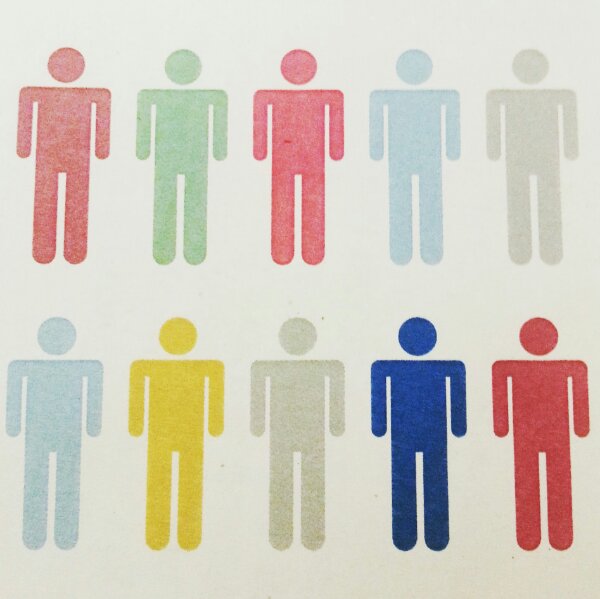Room by Emma Donoghue is a novel about a mother kept in captivity in an abductor's shed. It is told from the perspective of the mother's five-year-old son, Jack, who was born in the shed and hence believes that it represents the full extent of the 'real world'. The book, which was inspired by the Josef Fritzl case, is a critically-acclaimed bestseller, and was shortlisted for the Man Booker prize in 2010. The morality of profiting from a novel inspired by someone else's suffering seems a little questionable, even if it has been done many times before.
In the humble opinion of this blogger, as opposed to the far more informed opinion of leagues of experts, Room has some serious problems. But before I describe the worst of these, I'd like admit that I found the work thoroughly engaging and enjoyed reading it despite the problems.
The largest and most frustrating problem is with the narrative voice. The novel is told from the point of view of Jack, a five-year-old with an intellect which is unusually developed in some areas, yet lacking in others. I found his voice inauthentic. At one point, he had the intellect to use the word "cells" and understand that they make up the body. At another point, his knowledge does not extend to the word "palm", leading to him referring to "inside hands" or "hand insides". While I understand that his varying levels of language are intended to be reflective of his unusual experience, this does not seem to explain these odd inconsistancies.
Similarly, there are irritating editing inconsistencies in Jack's voice, which make it seem still more inauthentic: Jack refers to 'Sunday treat', 'Sunday-treat' and 'Sundaytreat' consistently in different passages. Perhaps this inconsistency is reflective of some grander point that I'm missing, but I simply find it irritating.
My second over-arching concern is one of plausibility. We are told that the door to 'Room' is locked with a four-digit combination lock, and that Ma and Jack regularly try to crack this with Ma calling out different numbers and Jack entering them when they play 'Keypad'. On a four digit combination lock, there can be only 10,000 combinations. Assuming they play 'Keypad' systematically – and I assume that the system is the reason for Ma calling out the numbers – it seems unlikely that they wouldn't have it cracked fairly quickly.
There are also odd inconsistencies in the narrative. Perhaps these are designed to establish Jack as a somewhat unreliable narrator, but to me, they simply read as mistakes. For example, it is established early that Jack and Ma play 'Scream', in which they scream daily in the hope that a rescuer might find them. They do not do this at weekends, as their captor might hear them. It is later revealed that their captor has been unemployed for some time – so it seems odd that he hasn't heard them.
A third major source of irritation in the text is the number of laboured metaphors. I lost count of how many times there is a 'separation', presumably inserted to portend future events in the narrative. However, they are discussed in such a heavy-handed way as to be groan-worthy. Similarly, there is an over-reliance on hackneyed 'life-lessons':
- "In the world I notice persons are nearly always stressed and have no time"
- "Lots of the world seems to be a repeat"
- "Sometimes there’s a small kid crying and the Ma of it doesn’t even hear"
The final source of annoyance is the frustratingly short chapters used. These become particularly irksome in the second half of the book, where short chapters are given which bear no relation to the preceeding or following chapters. At some points, it isn't even clear how much time has passed . Initially, I thought the author had an eye on a film adaptation, which is often easier with shorter chapters. By the end, I thought that the author had scribbled a list of events and experiences she wished to cover, and simply rattled through them.
Despite these problems, I enjoyed Room. The frustrating elements marred the reading experience somewhat, but the book's positives, by and large, outweighed the negatives. I cannot give a hearty recommendation – and, indeed, cannot begin to fathom its critical and popular success. However, it is not so bad as to be worth going out of your way to avoid it.





Room is available now from amazon.co.uk in paperback and on Kindle.







